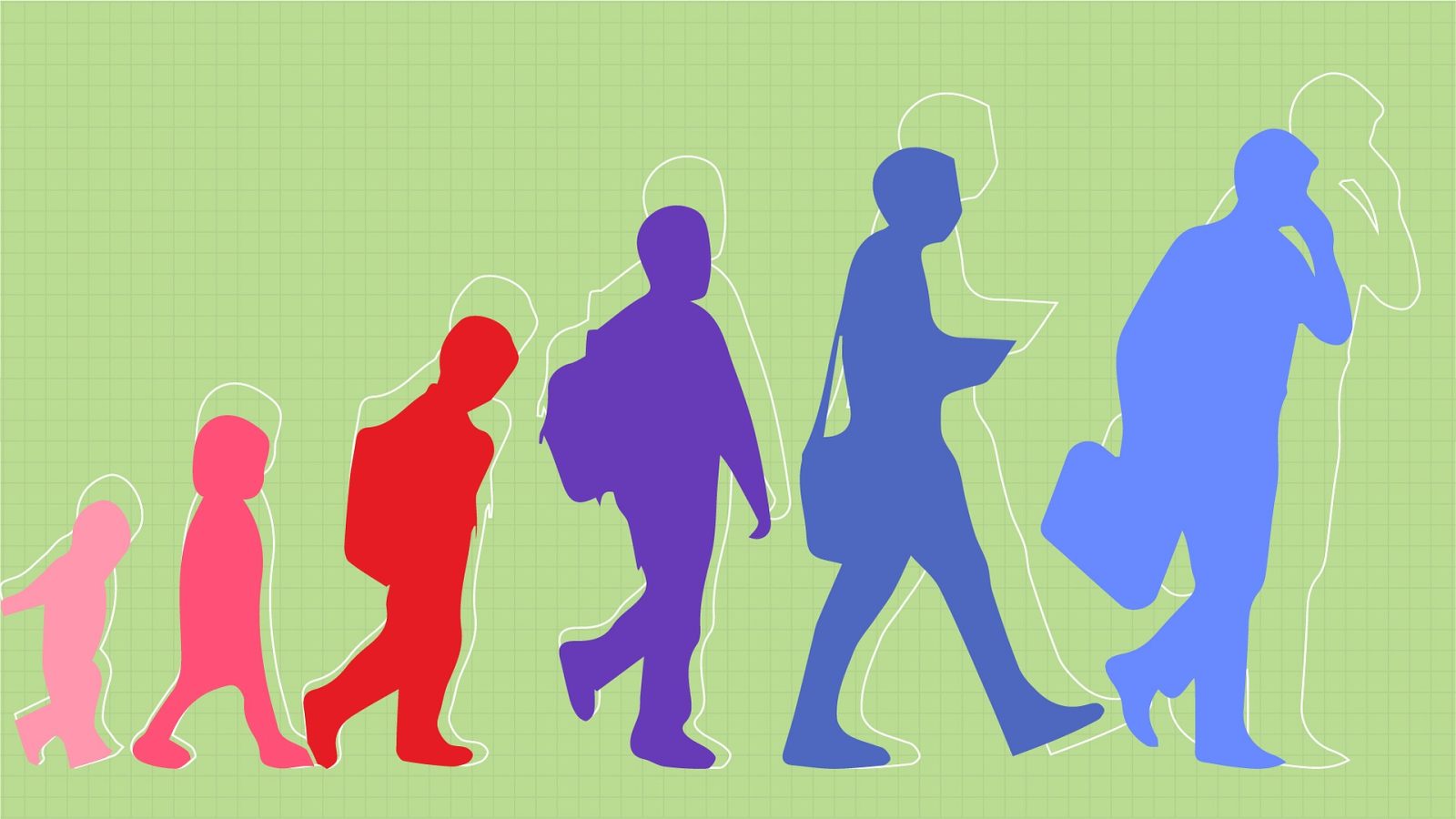Category: Mental Health, Personal Development, Well-being
There are eight stages of psychosocial development according to Erik Erikson’s theory.
Psychoanalyst Sigmund Freud’s work influenced Erikson to create a theory focusing on psychosocial development than psychosexual development.
In his theory, he stated that there are three aspects of identity. These are the ego identity (focuses on yourself), personal identity (personal development that distinguishes you from others) and social/cultural identity (social roles a person may portray).
Erikson believes that every person will pass through a series of stages in his entire life. He stated that there are different factors such as nature, family and society that affect one’s personality. These stages are:
Trust vs. Mistrust – Hope
INFANCY: Birth to 18 months
This is the most important period in one’s life. In this stage, the infant is being nurtured and taken care of by their mother and father. This will let the child develop trust, security, and hope. If the child fails to experience this, the child will have insecurities, negativity, and mistrust.
Significant Event: Feeding
Autonomy vs. Shame and Doubt – Will
EARLY CHILDHOOD: 2 to 3 years
According to Erikson, this is the stage where the child develops to have self-control. The child develops a sense of independence and wants to control a lot of things. They become very selective. They also develop the will to know what’s right from wrong. The child develops confidence if they experience this but those who don’t will have self-doubt.
Significant Event: Toy selection
Initiative vs. Guilt – Purpose
PRESCHOOLER: 3 to 5 years
During this stage, the child begins to go out and explore on their own and give more control with the choices they make. They start to plan activities and accomplish tasks. It is important that guardians encourage them to explore. A child who is successful in this stage will have a sense of purpose however those who fail will lead to a sense of guilt.
The family is the most important relationship in this stage.
Significant Event: Play
Industry vs. Inferiority – Competency
SCHOOL AGE: 6 to 11 years
This stage is where the school and social communication give important roles. The child goes to school and will be exposed to a new social environment and academic matters. The child meets friends and classmates who will determine the progress of the child in this stage. The child becomes more capable of completing a complex task and master a new ability. Guardians are encouraged to give praise or commend the child’s success. This will let the child feel good and develop a sense of competence and confidence. But those who don’t will feel inferior and self-doubt.
Significant Event: School
Identity vs. Role Confusion – Fidelity
ADOLESCENT: 12 to 18 years
In this 5th stage of development, the person’s development depends on what he/she is doing. Teenagers develop a sense of self and tend to have an idea of what one’s role is. A teen will have to discover his or her identity during this stage. Friends or peers will have a significant role. Those who are successful in this stage will be able to know who he or she is unfortunately for those who don’t may lead to role confusion.
Significant Event: Going out with friends or peers
Intimacy vs. Isolation – Love
YOUNG ADULT: 18 to 40 years
The camaraderie and personal relationships take place in this stage. The person seeks an intimate relationship and begins to have healthy and closer groups. Some may start to settle down, others may not. Success in this stage leads to a strong relationship while those who don’t experience loneliness.
Significant Event: Dating
Generativity vs. Stagnation – Care
ADULTHOOD: 40 to 65 years
In this stage, big responsibilities take place thus the adult must learn how to take control. The adult will be more concerned with how they can leave a mark on this world. A family and a great career is two of the most essential things an adult should have in this stage. Successful adults will feel accomplished, being cared for while those who fail will feel stagnant and unprogressive.
Significant Event: Work and Parenthood
Ego Integrity vs. Despair – Wisdom
MATURITY: 65+
In the last stage of Erikson’s theory, a person will reflect on his or her life. He or She will question oneself if they have really lived their life to the fullest. Successful adults will feel wisdom, satisfaction, and integrity. Those who failed will feel regret and despair.
Erikson’s theory gives us a framework for the development of our lifespan. It allows us to give importance to social relations in one’s life. Erikson’s theory left an important shift in the thinking of personality.

